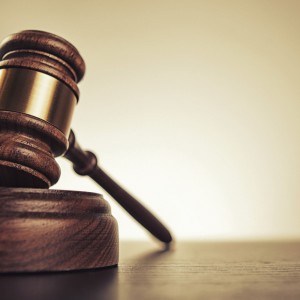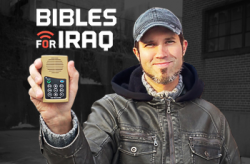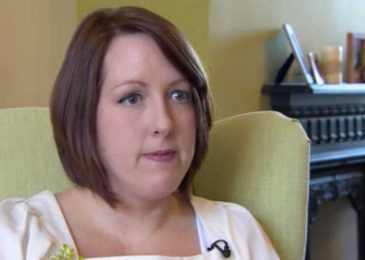 RALEIGH, N.C. — A federal judge has dismissed a lawsuit challenging a North Carolina law that allows judges to opt out of officiating “gay weddings” because of their religious convictions.
RALEIGH, N.C. — A federal judge has dismissed a lawsuit challenging a North Carolina law that allows judges to opt out of officiating “gay weddings” because of their religious convictions.
U.S. District Judge Max Coburn, nominated to the bench by Barack Obama, ruled on Tuesday that the plaintiffs in the case lacked standing, and lacked proof that they had been harmed by the law since they themselves obtained licenses.
“The court … finds that Plaintiffs lack standing by virtue of the fact that their claims are merely generalized grievances with a state law with which they disagree,” he wrote.
As previously reported, S.B. 2 was introduced last year by Sen. Phil Berger, R-Rockingham, to allow magistrates to recuse themselves from officiating over the services, as well as to permit register of deeds workers to opt out of issuing licenses due to religious objections.
The bill came with one condition: that the individual remove themselves from the marriage business altogether.
“Every magistrate has the right to recuse from performing all lawful marriages … based upon any sincerely held religious objection,” it read in part. “Such recusal shall be upon notice to the chief district court judge and is in effect for at least six months from the time delivered to the chief district court judge.”
Republican Gov. Pat McCrory vetoed the legislation after being urged by homosexual advocacy groups to do so, but his veto was subsequently overruled by a majority vote.
While reports state that no one has been denied a “marriage” license since the law was passed, two homosexuals and their partners filed suit against the legislation last December. An interracial couple sued as well.
“Senate Bill 2 expressly declares that magistrates religious beliefs are superior to their oath of judicial office,” attorney Luke Largess from the law firm Tin, Fulton, Walker and Owen argued. “The law spends public money to advance those religious beliefs. That is a straightforward violation of the First Amendment.”
While Coburn agreed that “there exists the potential that a citizen could suffer real or emotional harm as a result of S.B. 2,” he said that the specific plaintiffs in the case had no standing in the matter.
“As Plaintiffs have made no allegations of an ‘injury in fact’ that might otherwise allow them to assert standing in this case, Plaintiffs have failed to meet their burden of showing they have standing to bring Due Process and Equal Protection claims,” he wrote. “Accordingly, because Plaintiffs lack standing to bring their Fourteenth Amendment challenges, the court lacks subject matter jurisdiction over them and this action must be dismissed.”
Berger applauded the outcome.
“We appreciate the court recognizing the plaintiffs failed to identify even one North Carolinian who was denied the ability to get married under this reasonable law, which protects fundamental First Amendment rights,” he said.
The plaintiffs state that they will appeal the matter to the Fourth Circuit Court of Appeals.
Only an estimated five percent of judges in the state—32 out of 670—have recused themselves since the enactment of the statute.
A special message from the publisher…
 Dear Reader, our hearts are deeply grieved by the ongoing devastation in Iraq, and through this we have been compelled to take a stand at the gates of hell against the enemy who came to kill and destroy. Bibles for Iraq is a project to put Arabic and Kurdish audio Bibles into the hands of Iraqi and Syrian refugees—many of whom are illiterate and who have never heard the gospel.Will you stand with us and make a donation today to this important effort? Please click here to send a Bible to a refugee >>
Dear Reader, our hearts are deeply grieved by the ongoing devastation in Iraq, and through this we have been compelled to take a stand at the gates of hell against the enemy who came to kill and destroy. Bibles for Iraq is a project to put Arabic and Kurdish audio Bibles into the hands of Iraqi and Syrian refugees—many of whom are illiterate and who have never heard the gospel.Will you stand with us and make a donation today to this important effort? Please click here to send a Bible to a refugee >>






